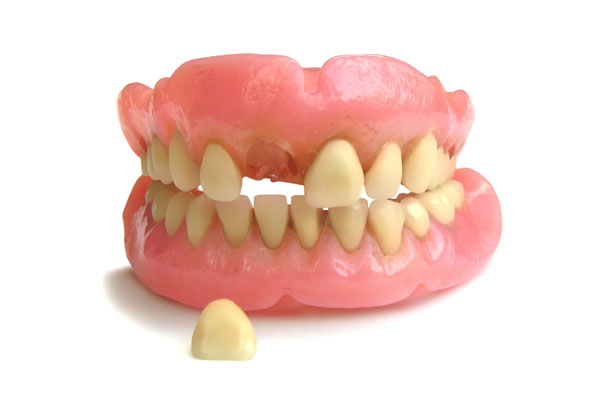 Root canal treatment has a bad reputation, one that can be traced back to a single erroneous research report from the 1920s. At the time, a major dental publication released a report claiming that root canal operations cause disease, arthritis, and other problems. The dentist advised that teeth should be extracted and that root canals should be avoided at all costs. Dentists eventually questioned the findings, and it was entirely rejected in the 1950s. However, myths about root canals and the fear of them persist today.
Root canal treatment has a bad reputation, one that can be traced back to a single erroneous research report from the 1920s. At the time, a major dental publication released a report claiming that root canal operations cause disease, arthritis, and other problems. The dentist advised that teeth should be extracted and that root canals should be avoided at all costs. Dentists eventually questioned the findings, and it was entirely rejected in the 1950s. However, myths about root canals and the fear of them persist today.
Root canal myths
The fact remains that root canal treatments are intended to be beneficial and not harmful, so it is important not to panic if the dentist recommends the procedure. Root canal therapy eliminates bacteria from an infected root canal, preventing the tooth from becoming infected again. During the process, the dentist removes any inflamed or diseased pulp from the tooth’s root, cleans and disinfects it, and then fills and seals it. The following are common root canal myths and the truths about them.
Myth: Root canals are often excruciatingly painful
The first thing that springs to mind when people think of root canals is pain. The fact is that root canal therapy itself is painless. The pain comes from the infection inside the tooth. Root canal therapy is effective in relieving the discomfort produced by an infected tooth. Before starting the procedure, the dentist will numb the tooth and the surrounding area by administering a local anesthetic.
With modern technology and techniques, patients often describe the process as no worse than getting a filling. While it is true that one might experience discomfort after the procedure, the dental professional will recommend anti-inflammatory meds or other pain relievers for pain management.
Myth: Pain should disappear immediately after the treatment
Another common misconception is immediate pain alleviation following this treatment, and this is occasionally the case. However, while the discomfort will decrease significantly, patients may experience minimal discomfort from a few days to a few weeks. It is sometimes painful to chew on the tooth for a week or two. The use of over-the-counter pain medications can assist with this.
Patients should only chew lightly on the treated tooth until any discomfort has subsided. The cause of the lingering pain is that the ligament that holds the tooth to the bone (periodontal ligament) may be inflamed following the treatment, which takes time to heal.
Myth: A root canal is preferable to an extraction
Although extraction is less expensive and time-consuming than a root canal, it is not regarded as superior in most cases. A correctly done root canal can extend the life of a repaired tooth. Tooth extraction may cause the surrounding teeth to shift gradually into the empty area, causing problems with bite alignment.
Furthermore, if a lower tooth is extracted, the opposite tooth will frequently migrate downward due to gravity. Dental misalignment might cause jaw (temporomandibular joint) pain. The cost of a root canal is also significantly cheaper than the cost of a dental implant. The dentist will thoroughly examine the patient’s unique circumstances and determine the best treatment option.
In conclusion
When handled by an experienced dentist, root canal treatment has a high success rate. To learn more about the treatment, schedule a dental appointment.
Request an appointment or call New York Dental Office at 212-548-3261 for an appointment in our New York office.
Recent Posts
A root canal treatment is an optimal way to restore your tooth. It is also an effective way to protect your tooth. Dental damage can result from an injury or decay. Tooth extraction is an easy solution but keeping your natural tooth structure is healthier. If you want to know how a root canal treatment…
Root canal treatment is a common dental procedure performed to save a damaged, decayed, or infected tooth from becoming lost or causing more concerning symptoms. It is important to understand the causes and warning signs that indicate a possible need for a root canal.The most notable and common causes for root canal treatment are an…
Most people find root canal treatment frightening. This procedure has a bad reputation for being painful and unpleasant. But your dentist has the skills and instruments necessary to handle the process efficiently and with minimal pain. There is a possibility that a patient may have numerous teeth that require extensive treatment. The dentist can assess…



